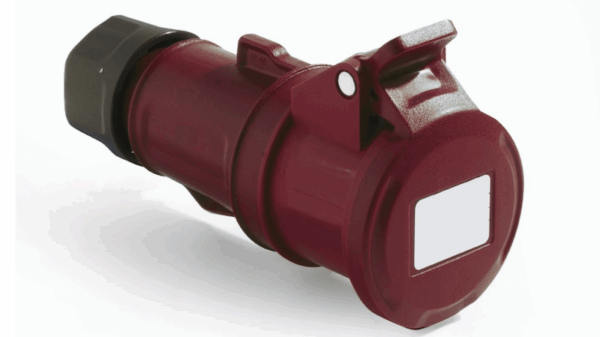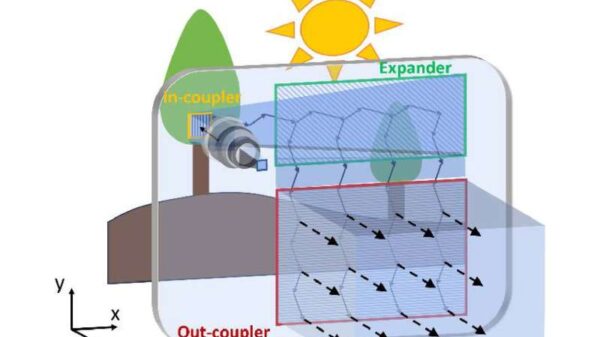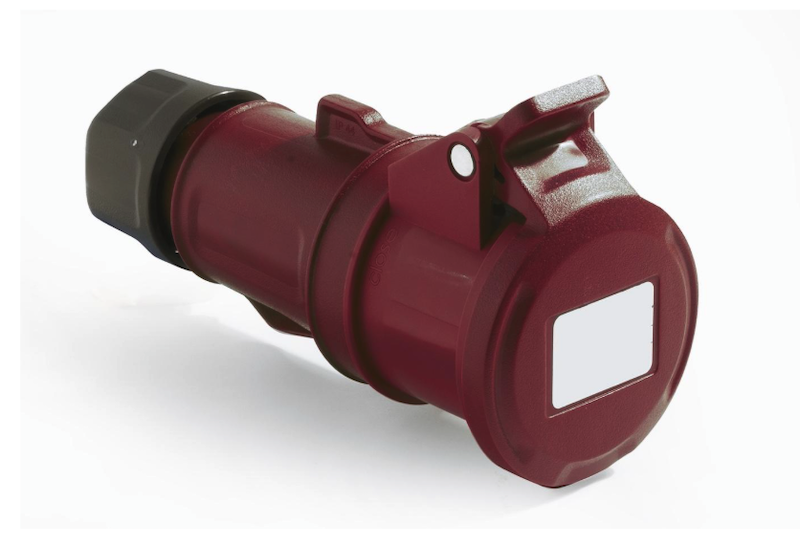Industrial setups depend heavily on stable and reliable power delivery to ensure operations run smoothly. Industrial power connectors play a crucial role in this regard, connecting cables securely and ensuring that equipment receives a consistent power supply, even in challenging conditions. These connectors are not only endpoints of electrical circuits but are also among the most sensitive components in any electrical connection.
What Are Industrial Power Connectors?
Industrial power connectors are more robust alternatives to standard connectors typically used in residential applications. They are specifically engineered to handle higher power loads required by heavy-duty equipment. One of the key advantages of these connectors is their enhanced resistance to environmental factors, including dust and moisture. Depending on their intended use, they can also withstand vibrations and impacts common in industrial environments.
These connectors are designed to provide a reliable means of power delivery, ensuring safety when connecting cables. Their construction includes features that make them suitable for demanding conditions, such as the presence of vibrating motors and conveyors, which can easily loosen conventional plugs. To prevent accidental disconnections, industrial connectors often incorporate locking mechanisms.
Key Features and Benefits
The practical design of industrial power connectors is one of their most significant strengths. These connectors ensure that essential equipment remains powered in unpredictable environments. Insulation made from durable materials helps protect against damage, while sealed cases often come with an IP rating that indicates their level of protection against dust and moisture.
Industrial power connectors are designed to handle high power loads, necessary for equipment like motors and servo drives. The actual capacity, however, varies from one connector to another. They facilitate easier installation and maintenance, which is critical for minimizing downtime in industrial operations. Notably, these connectors typically do not require complete rewiring or significant downtime for replacement.
Choosing the right industrial connectors is vital for maintaining safety, uptime, and the long-term reliability of equipment. The first step is ensuring that the selected connector can support the required load without overheating or causing voltage drops. This capability is largely determined by three key factors: load requirements, environmental conditions, and compatibility with existing systems.
When selecting connectors, it is essential to consider the specific conditions in which they will operate. Factors such as exposure to dust, vibration, UV light, or moisture can significantly influence performance. A connector designed for the right environment will ensure reliable power delivery.
Moreover, compatibility with existing equipment and power distribution systems is crucial. This includes evaluating pin configurations, installation formats—such as panel-mount, surface-mount, or inline—and the size and type of cables involved. Ensuring these elements align will facilitate straightforward installation and efficient future servicing or replacement.
As industries continue to evolve, the demand for reliable power connections will only grow. Understanding the specifics of industrial power connectors can help organizations choose the right solutions to meet their power delivery challenges effectively.



































































